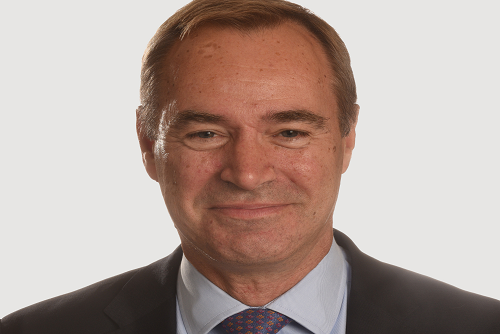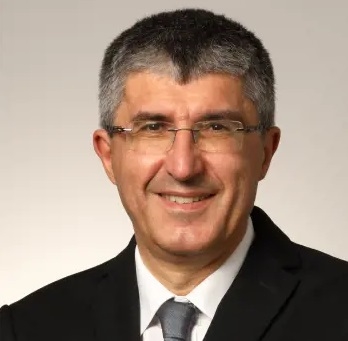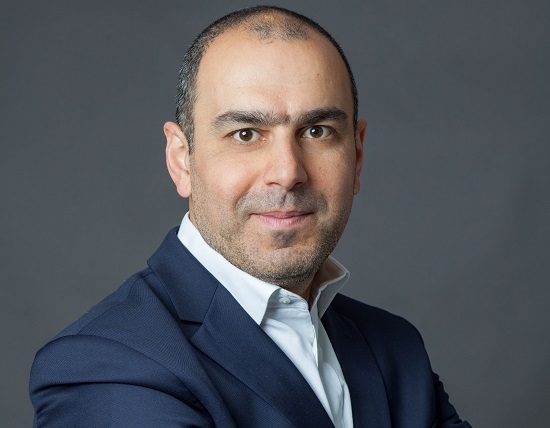Now is the time for integrated and efficient post trade services

By Stephen Burton, Managing Director, Post Trade, AFME
Achieving high levels of harmonisation and efficiency in post trade has long been aspired to by industry and regulators alike, and much good work has been done on furthering that agenda. But with significant market changes, technological advances and the important objective of achieving Capital Markets Union (CMU) there is now a clear imperative to push forward with renewed vigour.
The Giovannini group first identified the key barriers to efficient and resilient post trade in Europe back in 2001. There have been many notable initiatives and regulatory changes since then, such as European market infrastructure regulation (EMIR), Central Securities Depositories Regulation (CSDR) and the introduction of the TARGET2-Securities T2S settlement platform. While each has brought improvements, the reality is that post trade remains segmented and processes continue to be delivered at a national, rather than pan-European level.
More recently, the European Post Trade Forum (EPTF) published its report last year assessing the state of post trade in Europe. While much in the industry has moved on since 2001, including the size and complexity of markets and the growing role of central counterparties (CCPs), (i.e. some of the original barriers have been dismantled), it concluded that many of the same issues remain, and indeed some new ones have developed. It also published its own list of barriers to integrated post trade across Europe, thus giving the industry a clear and up-to-date mandate to work from.
The report also acknowledged the crucial role of post trade reform in achieving CMU. A project which the Commission clearly remains committed to, having published its latest action plans on Fintech and Sustainable Finance in March this year. And, more widely, there continues to be strong support for CMU, including from AFME. Integrated post trade is an essential requirement in order for Europe’s capital markets to deepen, diversify and support economic growth.
Many of the barriers to more efficient post trade relate to older processes and technology. With the advent of new technology, such as artificial Intelligence, cloud-based applications and distributed ledger technologies there is also the potential to revolutionise how post trade services are delivered. Regulators are rightly monitoring these developments. Creating standardised processes that can be managed and delivered at a truly pan-European level, without national barriers is a necessity if these technologies are to be fully utilised. The consequence for industry of not decisively gripping new technology, developing common standards and collectively maximising its benefits could be further fragmentation. Therefore, industry must work collaboratively on this.
AFME has explored these issues and outlined some key objectives for public authorities and industry to achieve in order to resolve them in our latest 2018 White Paper ‘A Roadmap for Integrated, Safe and Efficient Post Trade Services in Europe’ due to be published towards the end of May.
Areas of focus include a sound legal basis for cross border settlement, an efficient method of reclaiming withholding taxes, ensuring open access and interoperability for European CCPs, ensuring collateral management is harmonised and unencumbered by unnecessary restrictions and continuing the process of fully embedding T2S as a low cost, pan-European settlement platform.
To make progress towards the robust but integrated, low-risk and low-cost post-trade eco-system needed in Europe, European and national authorities should prioritise reform, particularly ensuring that national laws and regulations are appropriately calibrated. Public and private sectors also have a key role to play, and there should be close and institutionalised cooperation between them.
The overarching goals of post trade reform are well-established, the mandate and the foundations have been clearly set, now it’s time for action.
On 23 May 2018, AFME will be hosting its eleventh annual European Post Trade Conference in London. To find out more: https://www.afme.eu/en/events/events-calendar/post-trade2018/
Found this useful?
Take a complimentary trial of the FOW Marketing Intelligence Platform – the comprehensive source of news and analysis across the buy- and sell- side.
Gain access to:
- A single source of in-depth news, insight and analysis across Asset Management, Securities Finance, Custody, Fund Services and Derivatives
- Our interactive database, optimized to enable you to summarise data and build graphs outlining market activity
- Exclusive whitepapers, supplements and industry analysis curated and published by Futures & Options World
- Breaking news, daily and weekly alerts on the markets most relevant to you



